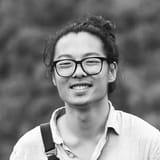Ninth Building; a review
To be able to let go of the burdens of carrying the shared history of millions, this was a tale that demanded to be shared.

An ode to a forgotten generation; “Ninth Building” by Zou Jingshi is a jumbled drawer of short, autobiographical journal entries. It is the antithesis of the typical late 20th-century coming-of-age story, in both form and content.[1] The narrator is often the wallflower of his own story. At sixteen, he was dragged by the current of the Cultural Revolution to his spot in an unfeeling universe. This novel offers neither moral lessons nor a pleasant ending, only the passage of decades in the blink of an eye.
Zou’s tales of adolescent existence during the tumultuous mid-century China strike a dissonant chord when compared to our comfortable modern-day lives in the West. The primary theme throughout is the diminished value of life in the face of a monolithic society.
In the world of Zou's youth, every loss is recalled with childlike innocence. A particularly striking glimpse of his exile in the far north of China involves the abrupt dysenteric death of a seventeen-year-old girl. So surreal was this event that day to day life simply went on after burying her. The unfamiliar environment coupled with ideological indoctrination rendered the sent-down youth unable to process it. Months later, only when the girl's father mournfully swept her grave, saying "Ming, Daddy's here... It's taken me so long to come", did the youth break down and realise that they were still living in the real world. People truly died and their light was extinguished forever.
These sorts of accounts, often only passed orally, are waning from our collective consciousness. As the elder keepers of history fade from existence, their voices are smothered by duty and politics. Many Chinese of Zou's generation will casually recount terrible tales of tragedy. However, pride silences criticism, or even acknowledgment, of the role of the state in these events. Imagine the lessons forgotten as this generation passes away.
Just as Vonnegut’s “Slaughterhouse-Five” explores the arbitrariness of fate by depicting the nihilistic humour in post-firebombed Dresden, Zou reflects on the Cultural Revolution by light-heartedly depicting the variety of self-inflicted injuries these teens endured for medical leave to see family. There were no heroes, no glory; just waste.
I suppose there is a certain bravery in publishing this text with the current political censorship in the PRC. When reading these disjointed vignettes of a stolen youth, however, one recognises that this was a story that Zou needed to put to paper. The catharsis to be experienced here was not for the reader but for the author. To be able to let go of the burdens of carrying the shared history of millions, this was a tale that demanded to be shared.
‘In the early 1990s, my childhood felt like it had been a gust of wind behind the trees. I used to spend my days being lost: What should I write? Whatever I wrote was wrong. It was impossible to get rid of my childhood back then. So I just wrote like that. I wrote for myself. I wrote to let go of my childhood.’[2]
Think the opposite of "Stand by Me" or "The Dead Poet's Society" ↩︎
https://thebookerprizes.com/the-booker-library/features/zou-jingzhi-interview-i-wrote-this-book-to-let-go-of-my-childhood ↩︎





